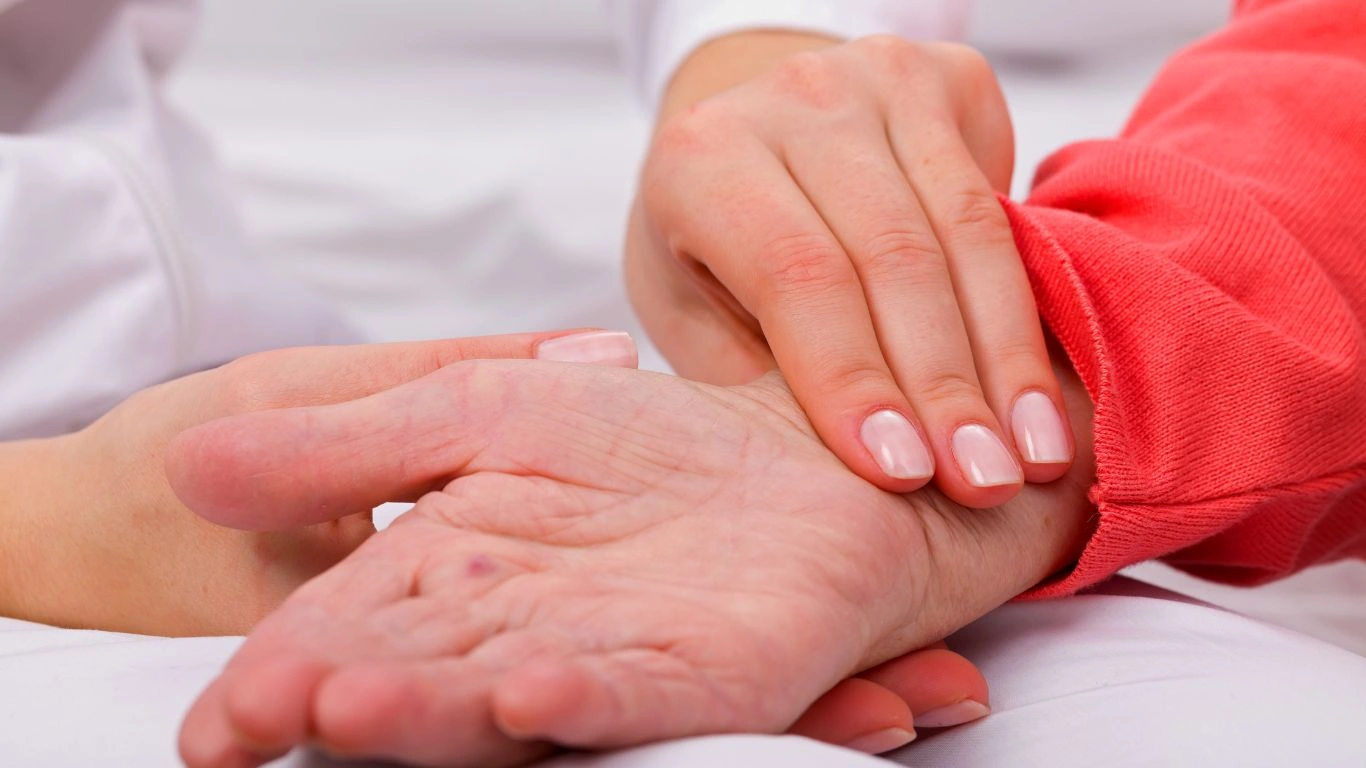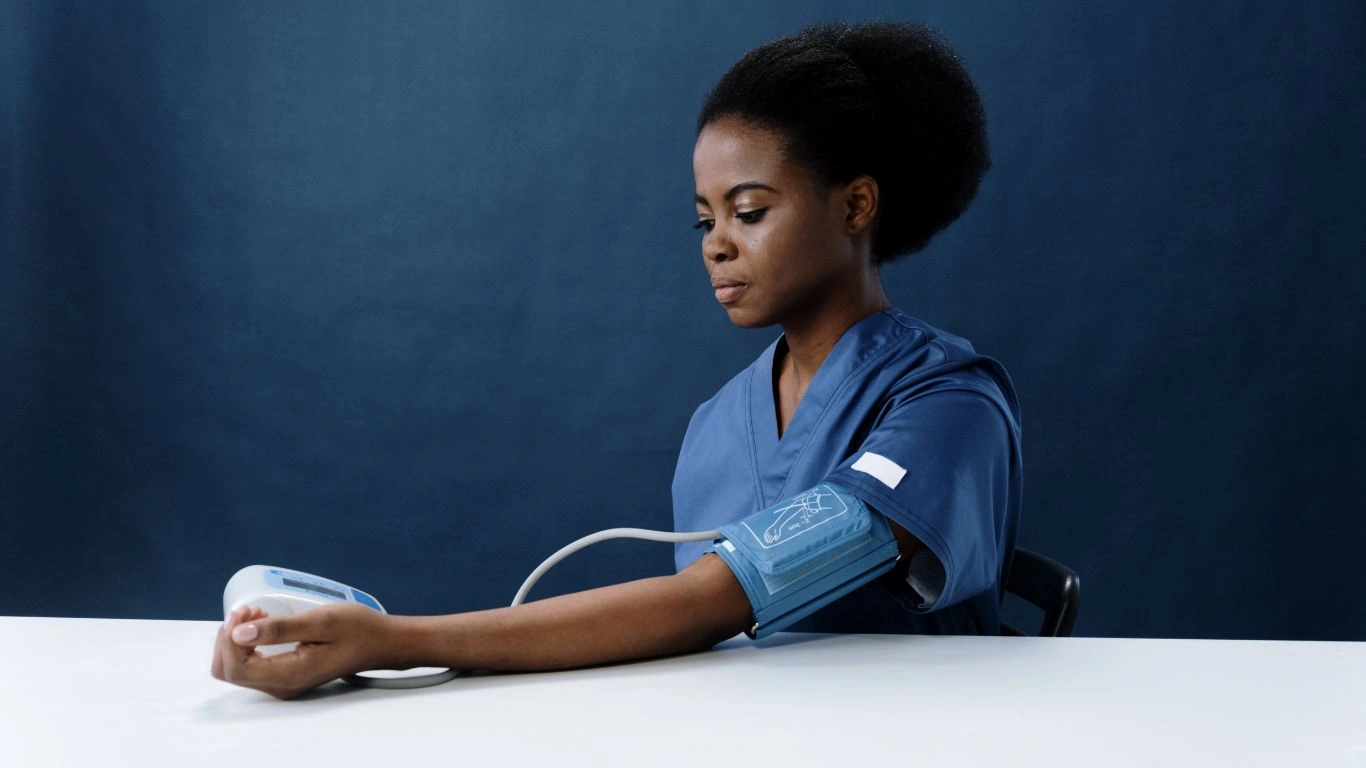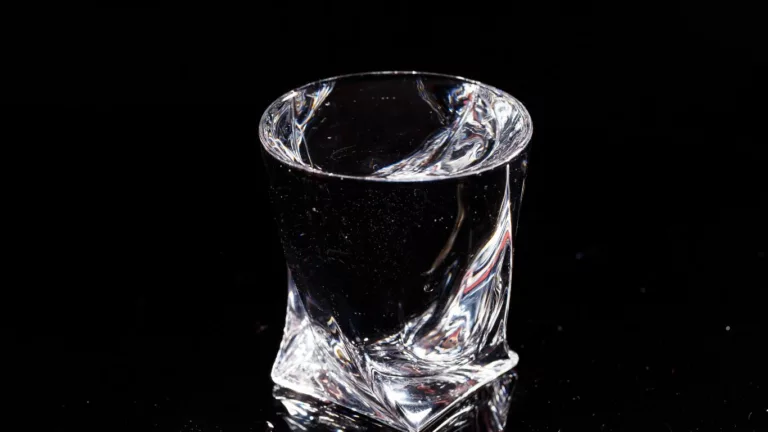How Dehydration Spikes Blood Pressure 🚨: Understanding the Connection
Dehydration is one of the most overlooked health issues in our busy lives, but it can have significant effects on our well-being, particularly when it comes to blood pressure. Many people don’t realize that insufficient water intake can directly impact heart health, potentially leading to high blood pressure. In this blog post, we’ll explore how dehydration can spike blood pressure, the underlying mechanisms, and offer practical tips to stay hydrated and maintain a healthy blood pressure level. Let’s dive in!
What is Dehydration and How Does It Affect the Body?

Dehydration occurs when your body loses more water than it takes in, and it can happen for a variety of reasons, such as hot weather, physical activity, or illness. When you’re dehydrated, your body struggles to perform its normal functions, leading to a host of symptoms like fatigue, dizziness, and headaches.
Water is essential for maintaining proper blood volume, circulation, and the balance of minerals in your body. When you don’t have enough water, your blood volume decreases, which can cause your heart to work harder to pump blood. This extra effort can contribute to an increase in blood pressure.
The Link Between Dehydration and High Blood Pressure

Dehydration and high blood pressure might not seem directly connected at first, but the relationship is clearer when you look at how your body works. Here’s what happens:
- Reduced Blood Volume: When you’re dehydrated, your blood volume drops because you lack enough water in your bloodstream. The reduced volume can cause the blood to become thicker, which makes it harder for your heart to pump blood through your arteries.
- Hormonal Response: In response to dehydration, your body releases hormones like angiotensin and aldosterone to conserve water and maintain blood pressure. These hormones narrow the blood vessels, which further increases the pressure in your arteries.
- Vasoconstriction: When your blood vessels constrict, it becomes harder for blood to flow smoothly. This increases resistance in your arteries, making your heart pump harder and raising blood pressure levels.
This means that staying hydrated isn’t just about quenching your thirst—it’s essential for maintaining stable blood pressure and supporting your overall cardiovascular health.
Symptoms of Dehydration that Affect Blood Pressure

To better understand the dangers of dehydration, it’s crucial to recognize the symptoms that can impact your blood pressure:
- Dizziness or Lightheadedness: A common early sign of dehydration, dizziness can occur when blood pressure drops as a result of fluid loss.
- Fatigue: Dehydration can cause tiredness because the heart has to work harder to circulate thicker blood.
- Dry Mouth or Skin: A lack of moisture in your body can cause your mouth and skin to feel dry, signaling dehydration.
- Headaches: Reduced hydration can cause headaches due to decreased blood flow and oxygen to the brain.
These symptoms are a clear indication that your body is under stress from dehydration, and they could contribute to spikes in blood pressure.
Troubleshooting Common Issues with Hydration

1. Struggling to Drink Enough Water
A lot of people find it challenging to drink enough water throughout the day. Whether it’s because you’re busy or simply forgetful, staying hydrated can be tough.
Tip: Try setting reminders on your phone or using a water-tracking app. You can also flavor your water with lemon or herbs to make it more enjoyable.
2. Excessive Caffeine or Alcohol Consumption
Caffeine and alcohol are diuretics, meaning they cause your body to lose more water. This can lead to dehydration, which could spike your blood pressure.
Tip: Balance your caffeine or alcohol intake with plenty of water to avoid dehydration.
3. Weather and Climate Conditions
Hot and humid weather can lead to increased sweating, making it harder to stay hydrated.
Tip: Drink extra water when the weather is warm, and don’t forget to replenish your electrolytes if you’re sweating a lot.
Case Studies / Success Stories
Case Study 1: Sarah’s Struggle with Blood Pressure
Sarah, a 45-year-old office worker, had struggled with high blood pressure for years. After a routine check-up, her doctor advised her to increase her water intake, as dehydration was found to be contributing to her blood pressure spikes. Sarah started drinking an extra 2 liters of water a day, and within a few weeks, her blood pressure stabilized, showing a noticeable improvement.
Case Study 2: John’s Recovery After Hydration
John, a 30-year-old athlete, was feeling exhausted during his workouts and began experiencing lightheadedness. After consulting with his physician, he was told that dehydration was causing his blood pressure to fluctuate. After focusing on hydration and drinking water regularly throughout the day, John noticed a boost in energy and more stable blood pressure levels.
Key Takeaways / Summary
- Hydration is Essential for Heart Health: Proper hydration helps maintain blood volume and circulation, reducing the risk of dehydration-induced spikes in blood pressure.
- Dehydration Contributes to High Blood Pressure: Dehydration can cause blood vessels to constrict, increasing resistance and elevating blood pressure.
- Staying Hydrated is a Simple Solution: Drinking adequate water daily is a simple yet effective way to maintain blood pressure and prevent dehydration-related health issues.
By focusing on proper hydration and being mindful of your daily water intake, you can take control of your health and potentially lower your risk of high blood pressure.
FAQs
1. How much water should I drink to prevent dehydration?
The recommended amount of water varies depending on age, gender, and activity level. As a general rule, aim for 8 cups (2 liters) of water a day, but adjust this based on your needs.
2. Can dehydration cause long-term damage to my heart?
Chronic dehydration can place extra stress on your cardiovascular system, potentially leading to long-term damage if left unaddressed. It’s important to maintain hydration consistently.
3. Can I drink other beverages instead of water?
While other beverages like tea or juice can contribute to hydration, water is the most effective way to stay hydrated and maintain blood pressure stability.
References
- Mayo Clinic: Dehydration and Blood Pressure
- National Institute of Health: Hydration and Health
- American Heart Association: Blood Pressure and Hydration
Disclaimer
This blog post provides general information about hydration and its effects on blood pressure. It is not intended as medical advice. Always consult with a healthcare professional for personalized recommendations and treatment.
Call to Action
Stay hydrated for better health! Drink more water today and keep your blood pressure in check. If you found this article helpful, share it with your friends and family, and don’t forget to check out our other health-related blog posts for more tips on living a balanced lifestyle. Stay healthy!

Dr. Gwenna Aazee is a board-certified Internal Medicine Physician with a special focus on hypertension management, chronic disease prevention, and patient education. With years of experience in both clinical practice and medical writing, she’s passionate about turning evidence-based medicine into accessible, actionable advice. Through her work at Healthusias.com, Dr. Aazee empowers readers to take charge of their health with confidence and clarity. Off the clock, she enjoys deep dives into nutrition research, long walks with her rescue pup, and simplifying medical jargon one article at a time.







